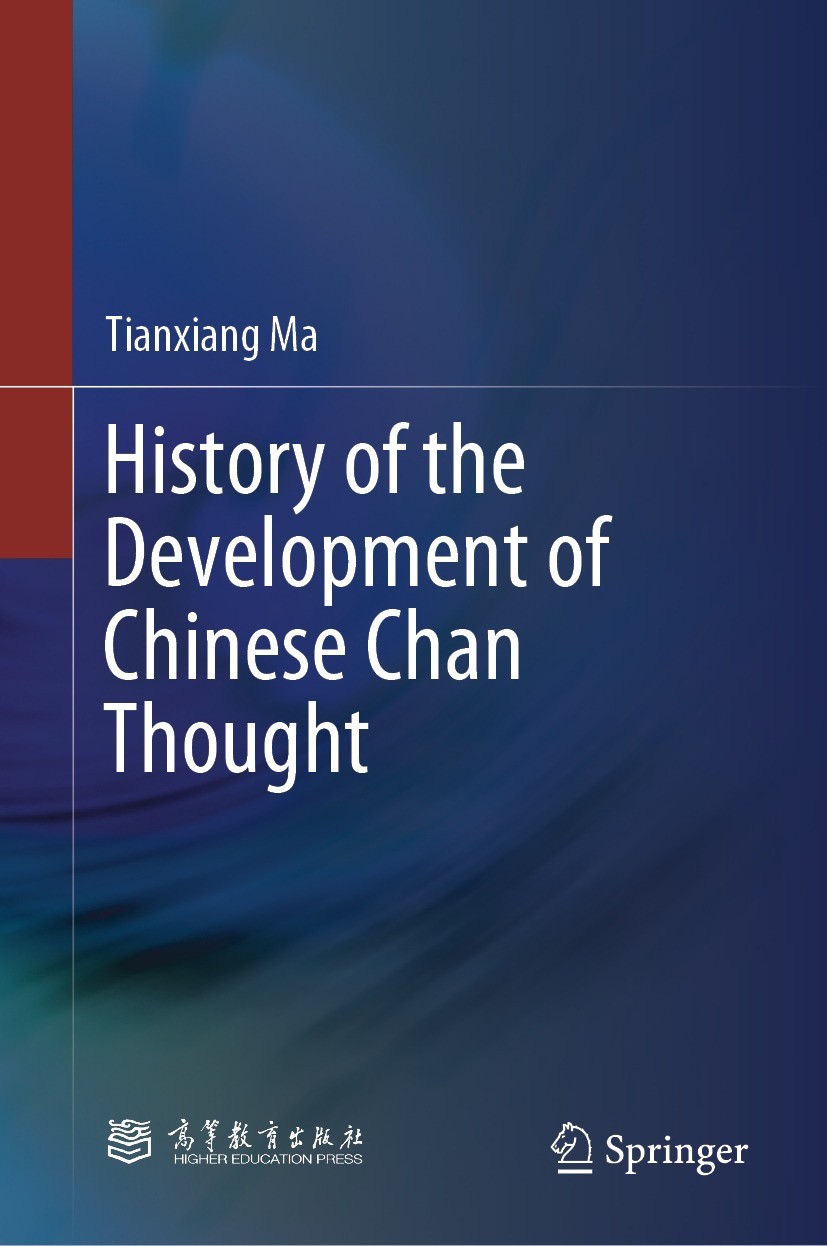| 书目名称 | History of the Development of Chinese Chan Thought | | 编辑 | Tianxiang Ma | | 视频video | http://file.papertrans.cn/428/427609/427609.mp4 | | 概述 | Describes the history of Chan School thought from the standpoint of social history.Engages Chan with society by examining its use of poetry, dialogues with the gentry, use, and criticism of other form | | 图书封面 |  | | 描述 | .The book aims to describe the history of Chan (Japanese Zen) School thought from the standpoint of social history. Chan, a school of East Asian Buddhism, was influential on all levels of societies in the region because of its intellectual and aesthetic appeal. In China, Chan infiltrated all levels of society, mainly because it engaged with society and formed the mainstream of Buddhism from the tenth or eleventh centuries through to the twentieth century. This book, taking a critical stance, examines the entire history of Chan thought and practice from the viewpoint of a modern Chinese scholar, not a practitioner, but an intellectual historian who places ideological developments in social contexts. .The author suggests that core elements of Chan have their origins in Daoist philosophers, especially Zhuangzi, and not in Indian Buddhist concepts. Covering the period from the sixth century into the twentieth century, it deals with Chan interactions with neo-Confucianism, Quanzhen Daoism, and Gongyang new text philology, as well as with literature and scholarship, its fusion with Pure Land Buddhism, and its syncretic tendencies. Chan’s exchanges with emperors from the Song, Yuan, Ming | | 出版日期 | Book 2023 | | 关键词 | Religion; Chinese Religion; Zen; Chinese Buddhism; Zen in Song Dynasty; History of Zen; School of Li; Confu | | 版次 | 1 | | doi | https://doi.org/10.1007/978-981-99-5686-9 | | isbn_softcover | 978-981-99-5688-3 | | isbn_ebook | 978-981-99-5686-9 | | copyright | The Editor(s) (if applicable) and The Author(s), under exclusive license to Springer Nature Singapor |
The information of publication is updating

|
|
 |Archiver|手机版|小黑屋|
派博传思国际
( 京公网安备110108008328)
GMT+8, 2026-1-24 14:37
|Archiver|手机版|小黑屋|
派博传思国际
( 京公网安备110108008328)
GMT+8, 2026-1-24 14:37


